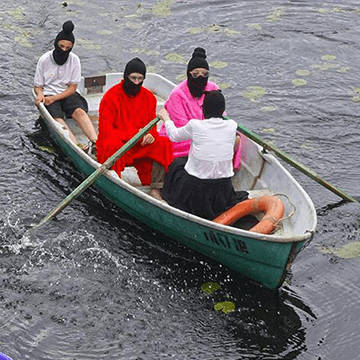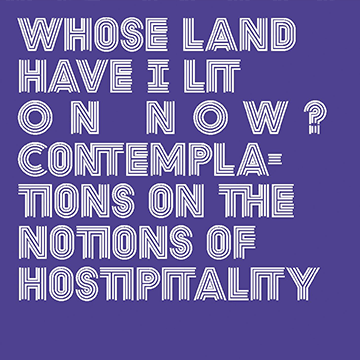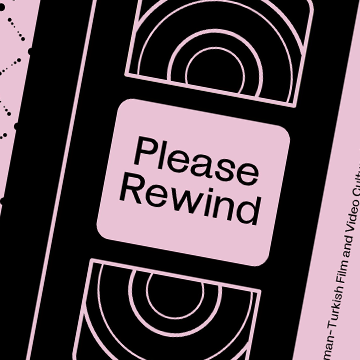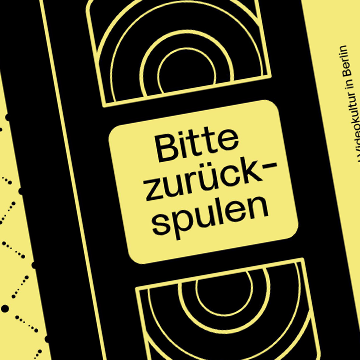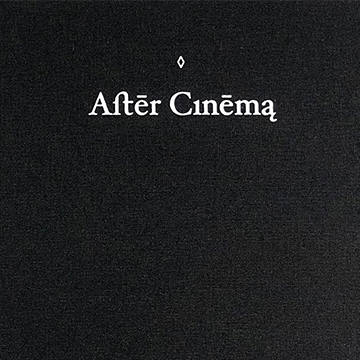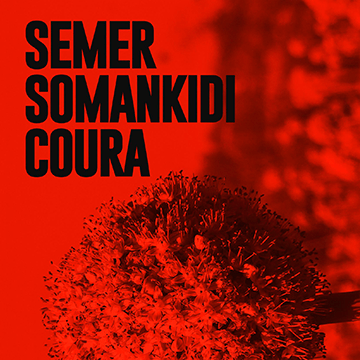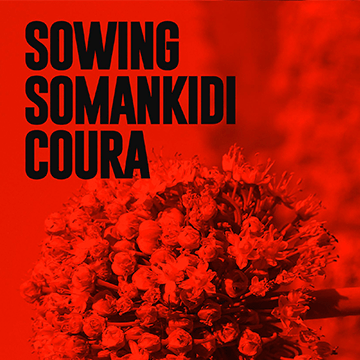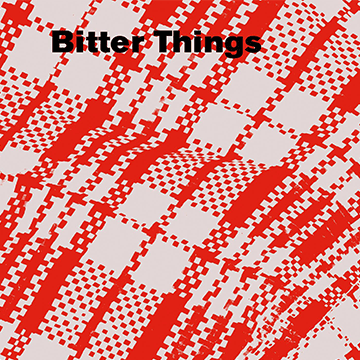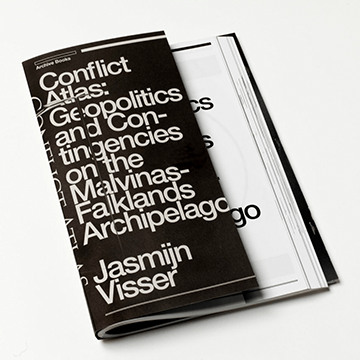When the outer world tells you who you are, who to be, and those in your immediate, unchosen community tell you to be another, how do we understand who we truly want to be? Away from prescribed imaginaries, how can we find our own reality? Should we even find an identity? Do we have a choice? Does it require asking humbly for allowance? When we receive recognition, does it risk furthering agendas that keep us in our "place"? Together, these poems, letters, anecdotes, interviews and stories demonstrate that living as a "member of the Asian diaspora" can never be presented as a singular expression. Moving through our world is a process of being emergent, sometimes in conflict, other times in collaboration, with a diasporic identity that continues to be ever more complex. Here we hope to find an opportunity to practice our own becoming.
Tag: migration
SCROLL Part 3: Language is Migrant
Cecilia Vicuña’s liberatory text Language is Migrant interrogates the capacity of language within and through our wounded oral cultures and lexical histories. With her in mind, and emanating from the 2022 edition of Colomboscope festival, SCROLL also engages with the idea of language as a complex translator and migratory force, via the medium of print.
Resonating with Zapatismo
To Navigate Backward: Resonating with Zapatismo a book-within-a-book, the first of three mouvements (as in a musical composition) is a collection of essays titled When the Roots Start Moving: Chto Delat and Free Home University—investigating predicaments of rootedness and rootlessness and notions of belonging and of displacement across different geographical and epistemological coordinates.
Whose Land Have I Lit on Now?
The unlikely seemed possible in the summer of 2015, as thousands of immigrants from mostly Syria made their way to Germany and Angela Merkel made the statement “Wir schaffen das” (We can do it/ we can cope with it). A German's venture into open hospitality was being witnessed as the country celebrated its newfound “Willkommenskultur.”
Please Rewind. German-Turkish Film and Video Culture in Berlin
Along with labor migration from Turkey, Turkish film culture has, over the years, established itself in West Berlin. Starting with screenings of Turkish films in Berlin cinemas, the video cassette conquered the market in the 1980s. Video nights became important family events; the video rental industry was booming. In addition to the import of videos from Turkey, videos which examined experiences of migration and ques- tions of identity were also produced in Germany. This publication is dedicated to the re-discovery of the German-Turkish film and video culture which continues to shape the post-migrant society to this day.
Bitte zurückspulen. Deutsch-türkische Film- und Videokultur in Berlin
Mit der Arbeitsmigration aus der Türkei etablierte sich über die Jahre auch die türkische Filmkultur in Westberlin. Angefangen mit Vorführungen türkischer Filme in Berliner Kinos, eroberte in den 1980er Jahren die Videokassette den Markt. Videoabende wurden zu wichtigen Familienevents, das Video-Verleih- geschäft boomte. Neben dem Import von Filmen aus der Türkei wurden auch in Deutschland Videos produziert, in denen Migrationserfahrungen und Identitätsfragen thematisiert wurden. Diese Publikation widmet sich der Wiederentdeckung dieser deutsch-türkischen Film- und Videokultur, welche die postmigrantische Gesellschaft bis heute prägt.
Azin Feizabadi. After Cinema
This book marks the ten-year anniversary of the project A Collective Memory by Azin Feizabadi. The project encompasses five narrative-driven films, alongside other artworks. Each film has its own urgency, approach, and point of departure. The films naturally vary in their subjects, they touch upon stories of migration, uprising, transformation, revolution, renewal, collapse, defeat, depression, and desire that connect the life of the artist with those around him.
Semer Somankidi Coura
Sowing Somankidi Coura. A Generative Archive is a long-term research endeavor initiated by Raphaël Grisey in collaboration with Bouba Touré. The project revolves around the permacultures and archives of Somankidi Coura, a self-organized cooperative along the Senegal river. The cooperative was founded in 1977 by a group of former African migrant workers and activists in France after the Sahel drought of 1973.
Sowing Somankidi Coura
Sowing Somankidi Coura. A Generative Archive is a long-term research endeavor initiated by Raphaël Grisey in collaboration with Bouba Touré. The project revolves around the permacultures and archives of Somankidi Coura, a self-organized cooperative along the Senegal river. The cooperative was founded in 1977 by a group of former African migrant workers and activists in France after the Sahel drought of 1973.
Bitter Things
Labor migration is worldwide creating new models of the transnational family, which despite geographical distances strives to maintain contact between the separated family members. But, how is the relationship between parents and children to be redefined whenever gifts and material support take the place of shared experience? When physical closeness has to take second place to communication programs like Skype and WhatsApp? How does this changing family landscape impact children and their parents? Bitter Things retraces positions on this topic from the 1960s right up to present day perspectives.
Conflict Atlas
Conflict Atlas looks at history through the perspective of the Falklands Islands/Islas Malvinas. Global events are mirrored to local proceedings on the archipelago. Through this method it explores trade routes, colonial enterprises, patterns of migration, questions of identity, strategies in warfare and the role of the climate in social issues. Conflict Atlas comprises texts, maps and archival materials. Starting from the case of the Falklands/Malvinas it aims to create a field of tensions by the multiplication and stratification of geographical sites, historical times and subjective views.


